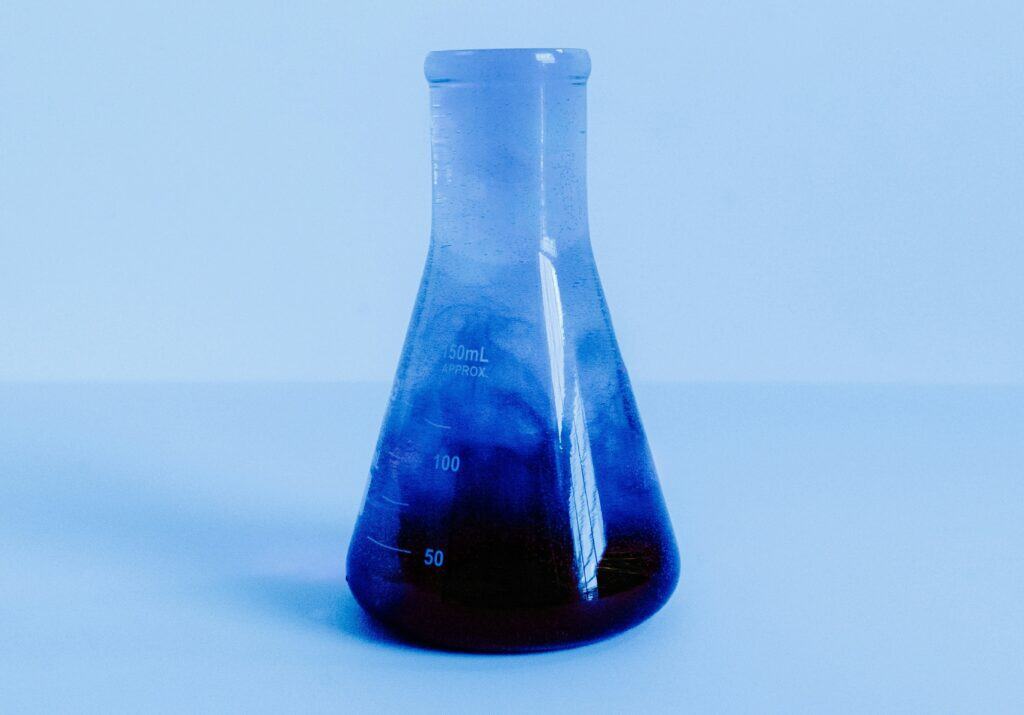Methylene blue is social media’s newest supplement trend. It has historically been used as a textile dye and a treatment for a rare blood disorder. Now, it’s used by everyone from gym influencers to biohacker Bryan Johnson, and (seemingly) RFK Jr. People claim that, among other benefits, it boosts brain power, improves memory, and slows ageing.
Dr Rupa Parmar, GP and Medical Director of Midland Health, is sharing the truth behind the claims and warns of the possible risks.
Dr Rupa Parmar said, “Methylene blue has had many uses, in textiles to dye fabrics, as a contrast agent in medical procedures, and to treat methemoglobinemia. People are now using it as a supplement, saying it can improve heart health and cognitive function, decrease inflammation, and reverse ageing.
“As of now, more research is needed to determine which benefits can be verified and whether Methylene blue is truly safe, especially if used long-term.
“Some studies have reported side effects of nausea, dizziness, headaches, and odd-coloured urine. The risks and side effects increase as the dose increases, and, as a supplement, taking more than 4mg of Methylene blue isn’t recommended.
“Methylene blue can increase serotonin levels in the brain, so it’s not recommended for anyone taking antidepressants. This is due to the risk of serotonin syndrome, a condition that can cause rapid heart rate, seizures, and, if untreated, death. Methylene blue isn’t recommended for people with preexisting kidney problems either, because it decreases renal blood flow, which can lead to kidney dysfunction.
“Methylene blue is also highly toxic. When released into the environment by textile industries, it’s been shown to reduce light penetration and contaminate food chains. And, if humans are exposed to high levels, it can cause respiratory issues, blindness, abdominal and gastrointestinal disorders, and psychological dysfunction.
“For now, Methylene blue is too new to be recommended as a supplement, due to the lack of research into its utility and safety in humans. Better alternatives to the supplement depend on what you want to use it for.
“To boost brain function, try activities that stimulate cognitive function, maintain a healthy, nutrient-rich diet, and manage sleep and stress. Similarly, to improve your memory, focusing on sleep and reducing stress can be highly beneficial, as can trying memory games and practising active recall. Slowing ageing is the most out there claim. Nobody can entirely reverse ageing, so just focus on maintaining a healthy lifestyle with a balanced diet, regular exercise, and avoiding risk factors like smoking and excessive alcohol.
“Be wary of any unverified health claims, especially from people with no medical knowledge. Medical misinformation is rife on social media, so always verify any information with professionals and consult your GP before following any advice. It’s unlikely that any one supplement will be a ‘miracle cure’, so always be cautious and do your research.”

